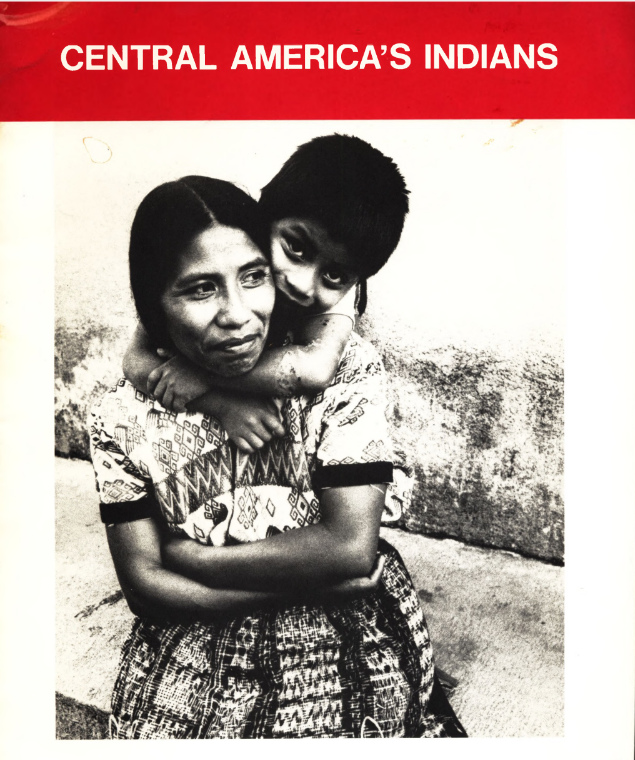Environment
Guadeloupe is a five-island archipelago located in the eastern Caribbean Sea, off the northwestern coast of South America. The two principal islands are Grande-Terre on the east and Basse-Terre on the west. Other islands are located about 250 km to the northwest. Guadeloupe’s total area covers 1,780 square kilometres.
History
The island of Guadeloupe was first inhabited by indigenous Taino (Arawaks) and Kalinago (Carib) groups who called it ‘Karukera’ or the ‘Island of Beautiful Waters’. It was renamed ‘Santa María de Guadalupe de Extremadura’ by Christopher Columbus who landed there on 14 November 1493. After more than a century of indigenous resistance, French colonists were finally able to establish settlements in 1635 which led to the gradual disappearance of the indigenous population.
Guadeloupe was annexed by France in 1674, under control from Martinique. For several centuries afterwards shiploads of Africans were regularly brought in to provide forced labour on the sugar plantations and the territory prospered.
Over the next century, the profitable island was seized several times by the British, who finally captured it in 1759. Britain retained control until it again passed to France in the 1763 Treaty of Paris, under which France agreed to abandon all claims of territory in Canada in return for British recognition of French control of Guadeloupe. During the turmoil of the French Revolution in 1794 Africans in Guadeloupe rebelled against slavery and French plantation owners and succeeded in becoming French citizens.
This prompted Napoleon to send an occupation force in 1802 to end the uprising and re-institute slavery. 10,000 Guadeloupeans were killed and slavery was not finally abolished on the island until 1848.
In order to fill the labour gap resulting from emancipation, French plantation owners turned to indentured or contract emigrant labourers from India.
The first indentured Indian workers arrived in 1854 and continued coming until 1889. This transplantation brought 42,326 migrants, more than half of whom perished under the prevailing labour conditions however 9,460 managed to return to India.
Those who stayed continued to be tied to the plantation system and agricultural labour well into the 20th century until increasing access to education provided new opportunities.
Guadeloupe became an overseas department of France in 1946. A movement for independence emerged in the 1980s but following a series of bombings in 1984, French authorities outlawed the Caribbean Revolutionary Alliance, the militant organization that was pushing for autonomy.
Governance
As an overseas department (département d’outre mer or DOM) of France the population enjoys full French citizenship. The territory is administered by a popularly elected general council and regional council. An appointed prefect represents the French government. The islands are also represented by four deputies and two senators in the French Parliament.
Guadeloupe mainly produces sugar, bananas, and rum. About 60 per cent of the annual external trade is with France, which also provides over 80 per cent of its tourists and large annual subsidies.
